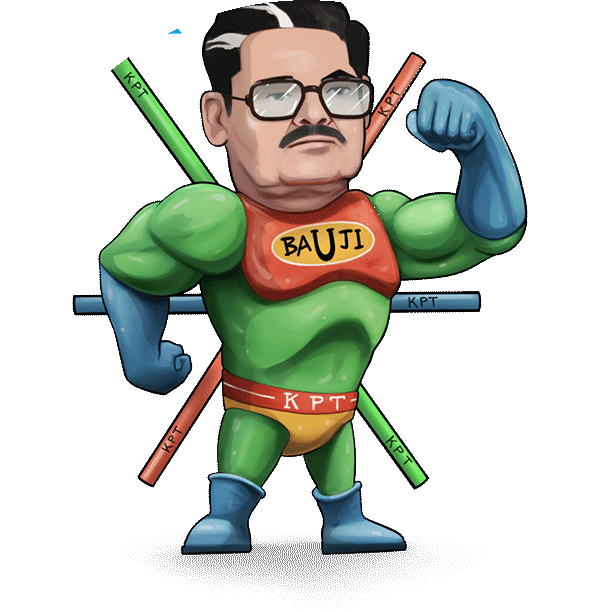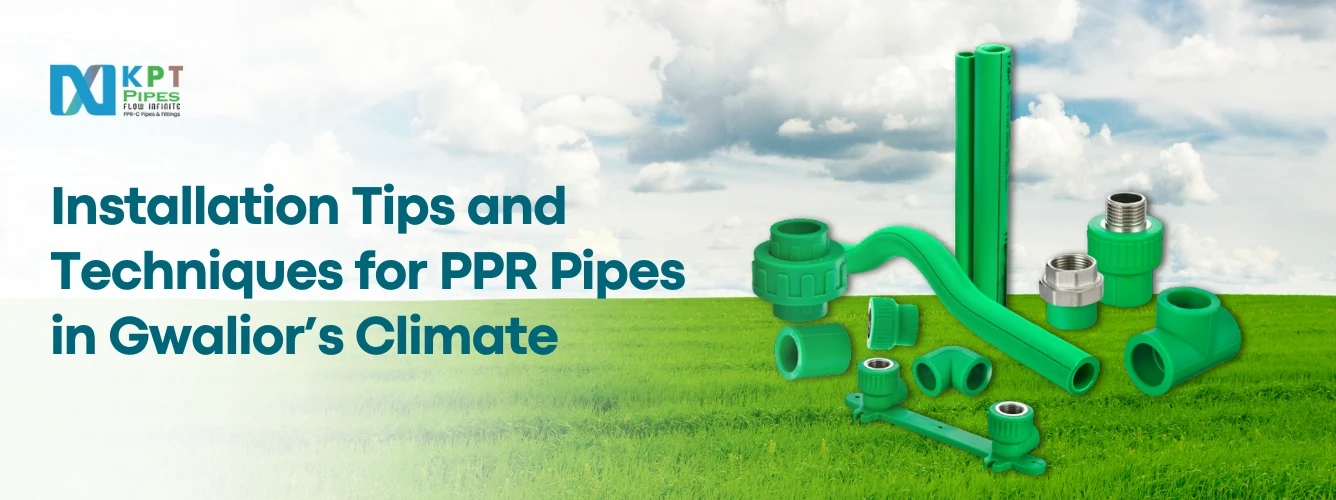Installing PPR (Polypropylene Random) pipes in Gwalior’s climate requires careful consideration of various factors to ensure optimal performance and longevity. Gwalior, situated in central India, experiences diverse weather conditions with hot summers, cool winters, and occasional monsoon showers. Here are some essential tips and techniques for installing PPR pipes in Gwalior’s climate:
Table of Contents
ToggleChoose High-Quality PPR Pipes:
Opt for PPR pipes and fittings from reputed manufacturers known for their quality. Ensure the pipes comply with relevant standards and have the necessary certifications to withstand Gwalior’s temperature variations.
Proper Sizing and Planning:
Accurate sizing and planning are crucial. Assess the required pipe sizes based on water flow, pressure, and building layout to minimize joints and ensure efficient water distribution.
Climate Consideration During Installation:
Gwalior’s extreme temperatures demand careful plumbing installation. During hot weather, you don’t need to be worried about heat damage. It is protected from sunlight and remains safe from heat damage. Similarly, in winter, KPT Pipes take precautions to prevent freezing, which might cause expansion and potential damage to the pipes.
Professional Installation:
Engage experienced and certified professionals for PPR pipe installation. Proper jointing techniques, using heat fusion or socket fusion methods, are essential to ensure leak-proof connections and longevity.
Insulation and Protection:
Provide adequate insulation, especially in exposed areas, to safeguard against temperature fluctuations. Use insulating materials to prevent heat loss during winters and protect against overheating in summers.
Adherence to Manufacturer Guidelines:
Follow the manufacturer’s guidelines and recommendations for installation, including proper cleaning, preparation, and fusion techniques. Strictly adhere to prescribed temperatures and cooling times during fusion to ensure robust joints.
Pressure Testing and Quality Checks:
Conduct pressure tests after installation to detect any leaks or weak joints. This step ensures the integrity of the system before actual usage.
Maintenance and Periodic Checks:
Implement maintenance checks to identify any signs of wear, corrosion, or damage. Address issues promptly to prevent potential failures or water wastage.
Use of Compatible Fittings and Accessories:
Employ fittings and accessories specifically designed for PPR pipes to maintain uniformity and avoid compatibility issues. Ensure these components meet the required standards.
Education and Awareness:
Educate users about proper handling, usage, and maintenance practices to prolong the life of the PPR pipe system. Awareness regarding temperature-specific precautions can prevent avoidable damage.
Consider Local Climate Factors:
Factor in Gwalior’s specific climate conditions while designing the pipeline layout. For instance, place pipes away from direct sunlight exposure or insulate them well to prevent adverse effects of temperature fluctuations.
By incorporating these tips and techniques, PPR Pipes and fittings in Gwalior can result in a reliable and durable plumbing system. Proper installation practices, adherence to quality standards, and considering climatic factors are instrumental in ensuring the longevity and efficiency of the PPR pipe network.



